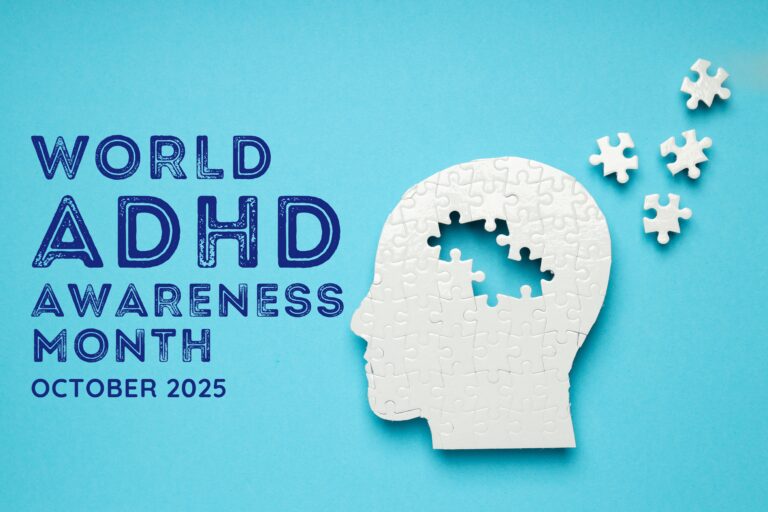Family Support
Mental Health Support for Families
Mind Therapy Clinic is here for family mental health support – offering support for recovery and well-being. Our Intensive Outpatient Program (IOP) Partial Hospitalization Program (PHP), and E Street Supportive Housing provide flexible solutions for your loved ones facing mental health challenges, combining evidence-based therapies in a nurturing environment. Our experienced clinical team creates a warm atmosphere for healing and growth.
We understand the vital role of families in the recovery process. That’s why we actively involve you through family therapy, educational resources, and open communication. Beyond clinical care, we foster a supportive community, encouraging peer interactions and group activities. At Mind Therapy Clinic, our commitment is to provide stability, professional care, and a compassionate community to support your family on its journey to recovery.
For Parents and Caregivers
As a parent or family, you want the best for your children or other dependents. You may be concerned or have questions about certain behaviors they exhibit and how to ensure they get help. Because some people cannot navigate difficult situations on their own, you should pay particular attention if they experience a loss of a loved one, Divorce or separation of their parents, or Any major transition—new home, new school, etc., Traumatic life experiences, like living through a natural disaster, or Teasing or bullying.
What to Look For
It is important to be aware of warning signs that your family member may be struggling. You can play a critical role in knowing when your family member may need help. Consult with a mental health provider, or another health care professional if your family member shows one or more of the following behaviors:
If you are concerned about your loved one’s behaviors, it is important to get appropriate care. You should: Talk to a medical health care provider and seek more information about behaviors and symptoms that worry you and talk about potential treatment options.
Our Therapists
Matt Blagys, PhD
Clinical Director and Psychologist
Laureen Turner Worden, MS, PhD
Assistant Clinical Director and Psychologist
Christine Valdez, PhD
Clinical Psychologist and trauma therapist
Lauren Lucitt, PsyD
Postdoctoral Psychology Fellow
Wally Gustafson, PsyD
Postdoctoral Psychology Fellow
Sara Drotman, PsyD
Director of Training and Education and Psychologist
Mina Dailami, PhD
Postdoctoral Psychology Fellow
Katherine Dittmann, MS, RD
Registered Dietician and Nutrition Therapist
Stephanie White, LPCC
Professional Clinical Counselor and Family Therapist
Betsy Klinger, LPCC
Licensed Professional Clinical Counselor
Jacqueline Perlmutter, RAS, DASD
Case Manager, Group Facilitator
Amelia Howard-Smith, LMFT
Licensed Marriage and Family Therapist
Emily Clark, LCSW
Licensed Clinical Social Worker
Alina Belohlavek, LMFT
Licensed Marriage and Family Therapist






